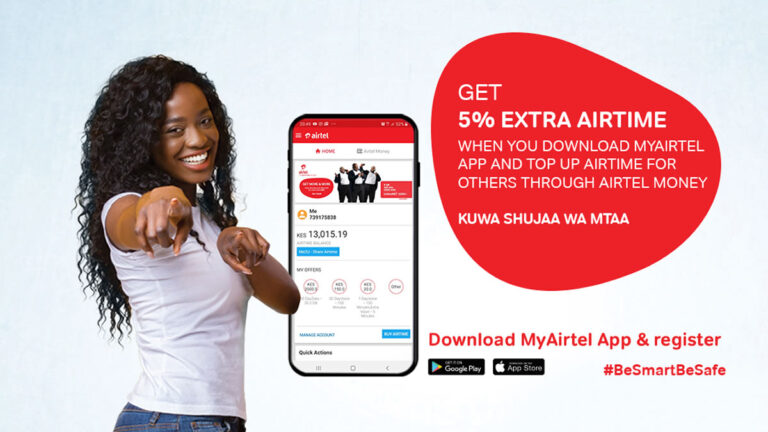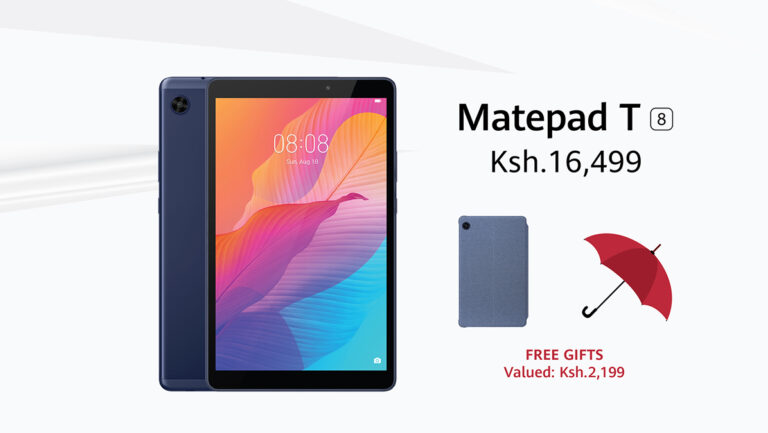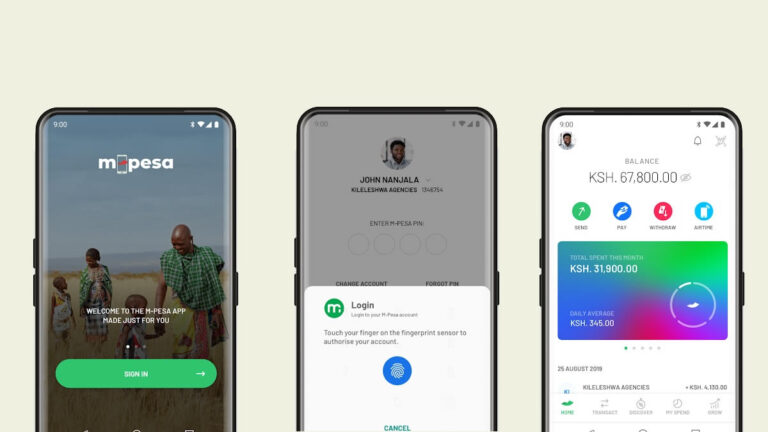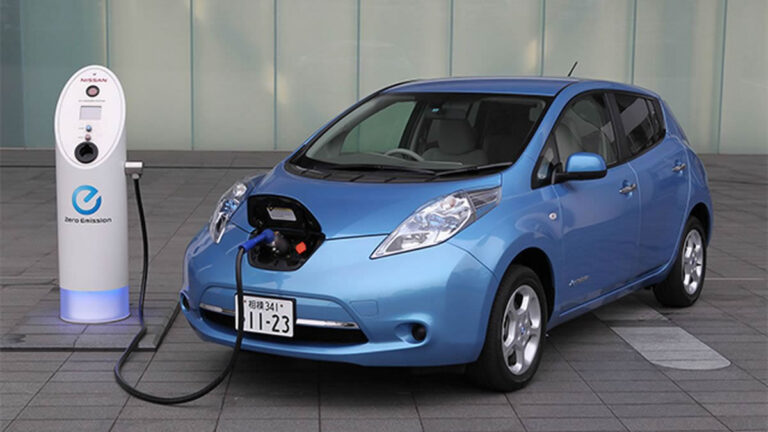A few months back, we reported on a looming court battle between Safaricom, JTL and Pay TV provider Dstv with regard to alleged 141 websites that host pirated football streams. The development came as a surprise to the freedom of the internet and what precedence the ruling could’ve had on internet service providers in the country. In our earlier editorial, a Kenyan court had directed Safaricom and JTL – some of the top internet service providers in the country to block websites that were allegedly hosting pirated football streaming channels. Safaricom didn’t like the ruling and appealed at the high court fearing repercussions from customers if such directives were to be honored.
A high court has finally come to Safaricom’s rescue, suspending earlier ruling on the matter, effectively allowing Safaricom’s internet subscribers to continue accessing these websites. Multichoice had alleged the 141 websites were pirating its content, and moved to court suing Safaricom and JTL for enabling access to its premium sporting content illegally. Dstv and Gotv are both owned by Multichoice which had won on the first round, only for Safaricom to later contest the ruling fearing implications from its customers.
After the latest directives, customers who connect to the internet through Safaricom will continue to have access to the said 141 websites. Premium channels on the Dstv and Gotv platform such as SuperSport are known to broadcast premium sporting content on major leagues such as the English Premier league. And while customers who have subscribed to Dstv and Gotv can access SuperSport at a monthly fee, there are websites hosting streams from such channels that can be viewed free of charge.
A Kenyan high court had earlier agreed with Multichoice that its content was being infringed and ordered Safaricom and JTL to block access to these websites. These directives have now been suspended by a court of appeal, which Safaricom had argued that it would have suffered irreparable damages. Kenya’s largest mobile service provider pointed out civil and criminal law suits as well as a tainted reputation should it go a head and attempt to control the behavior of its subscribers.








